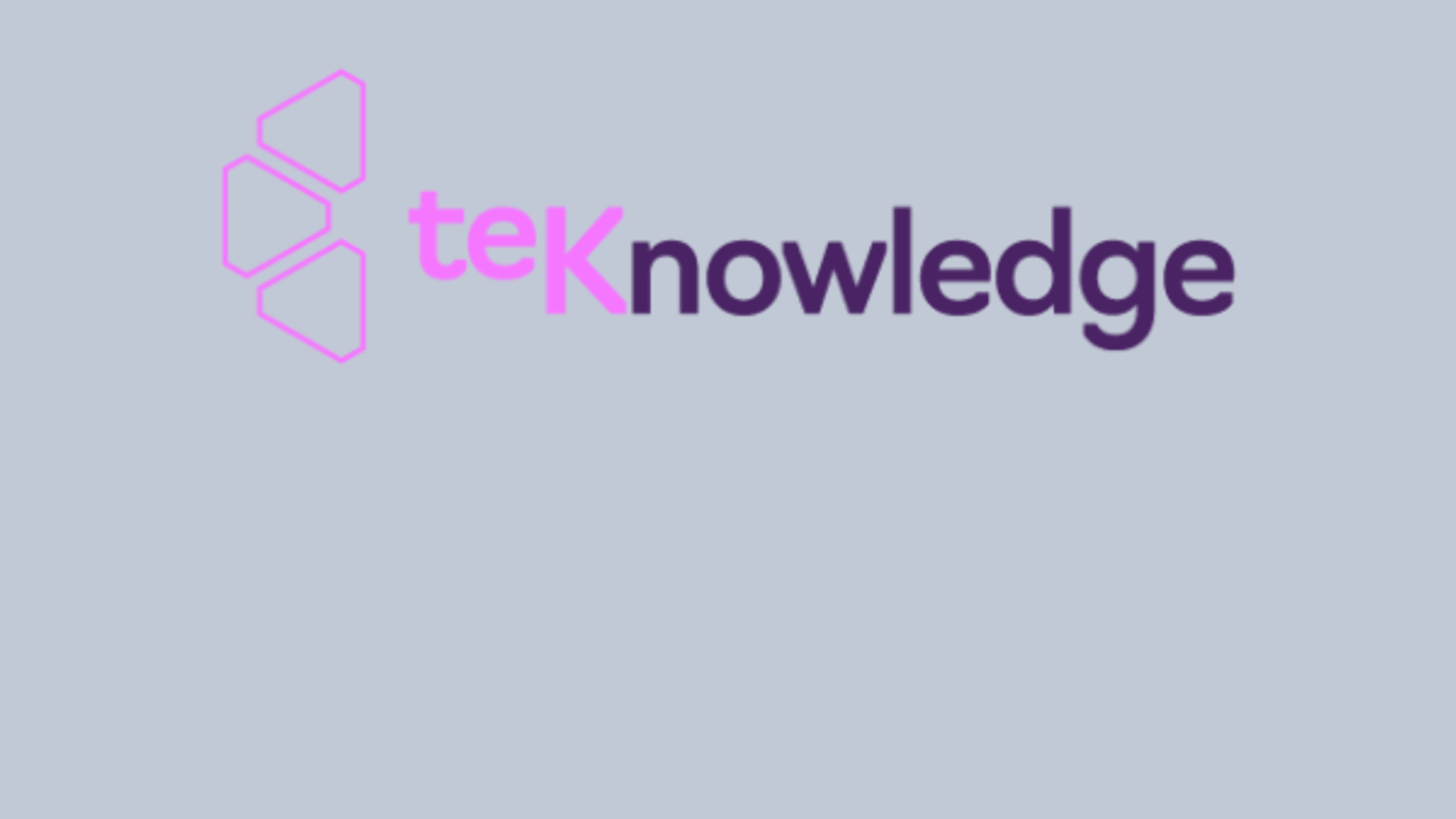Summarized by AI Model:google/pegasus-newsroom
Browse African Economic Conference latest news and updates, watch videos and view all photos and more. Join the discussion and find more about African Economic Conference at abcnews.comSummarized by AI Model:facebook/bart-large-cnn
Africa might benefit from the fourth industrial revolution, especially artificial intelligence (AI) Dr. Pedro Conceicao, one of the authors of the upcoming 2025 Human Development Report (HDR), stated on the final day of the 2024 African Economic Conference (AEC) that AI in sub-Saharan Africa is more likely to complement rather than replace jobs and tasks.With the correct infrastructure in place, Africa might benefit from the fourth industrial revolution, especially artificial intelligence (AI). The digital divide on the continent is one of the biggest at the moment. Dr. Pedro Conceicao, one of the authors of the upcoming 2025 Human Development Report (HDR), stated on the final day of the 2024 African Economic Conference (AEC) in Gaborone, Botswana, that AI in sub-Saharan Africa is more likely to complement rather than replace jobs and tasks in this region than in others.
“The focus should be on considering the institutions and policies that we can put in place to allow these technologies to enhance what people can do, rather than viewing AI and digital technologies as something that fascinates us because it may be able to surpass what people can do. “To enhance human growth,” Dr. Conceicao stated. One of three reports analysing the uncertainty brought on by growing polarisation, unstable planetary systems, and societal transformation—specifically, digitalization—is the 2025 Human Development Report: Harnessing the opportunities of the digital transformation to advance human development.
Within the context of human growth, the paper will examine the complex dynamics of digitalisation, including artificial intelligence (AI), and discuss its wide-ranging and significant effects on society. Using a people-centered approach, it will critically analyse how digitalisation might change political environments, redefine economic systems, and either exacerbate or lessen current disparities.
Dr. Conceicao acknowledged that there were existing drawbacks to AI, such as the potential for job losses and marginalisation since many people are under-represented in the data used to train these algorithms. However, in general, he clarified, there are more pros than negatives, such as assisting businesses in expanding quickly and reducing entry barriers that previously required extremely specialist expertise. Other panellists, however, expressed worries about the continent’s readiness for this cutting-edge technology because of the absence of essential infrastructure like data access and electricity.
Africa’s infrastructure is not yet ready, according to Natalie Jabangwe, Executive Secretary at the Timbuktoo Foundation, despite advancements in digital inclusion and throughout the continent’s value chain. “AI is all the rage, but do we have the technological infrastructure to capitalise on this development and reap its benefits? No, not at all. “If we don’t have power in countries, which is crucial in building capacity in terms of solutions that will transform people’s lives, you can’t deliver a lot of these digital advancements,” Jabangwe stated.
Kigali, which aspires to become a powerhouse on the continent in the field of artificial intelligence, has yet to make significant strides in this cutting-edge digital technology and is still battling early adoption issues like infrastructure, regulations, and other policy concerns, according to Alain Ndayishimiye, Head of AI and Machine Learning at the Centre for the Fourth Industrial Revolution in Rwanda. Ndayishimiye continued, “Its digital transformation journey needs to address some of the concerns including data quality, data privacy, and workforce readiness, even as Rwanda continues to register the progress that we have seen.” However, nations like Namibia and Botswana have advanced in digital connection, enhancing the lives of their citizens and businesses by lowering data rates and offering internet access in public places like hospitals and schools.
On Monday, the 2024 AEC concluded. African leaders, business executives, academics, young researchers, and experts came together under the theme “Securing Africa’s Economic Future Amidst Rising Uncertainty” at this event, which was co-hosted by the African Development Bank (AfDB), the United Nations Development Programme (UNDP), and the United Nations Economic Commission for Africa (ECA). The event took place amid a number of shocks, such as rising civil upheaval in Africa, the threat of trade conflicts between the United States and China, geopolitical tensions brought on by the wars in the Middle East and Ukraine, and climate change.


